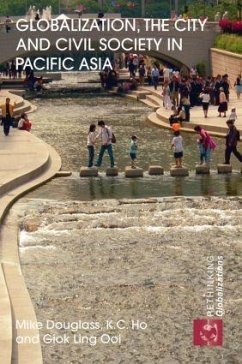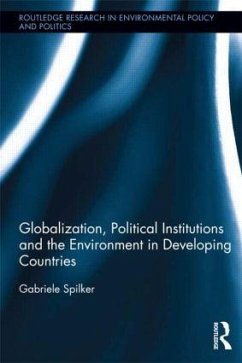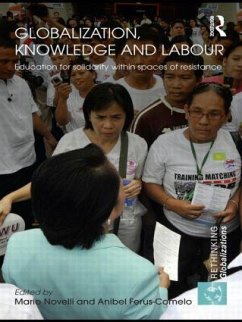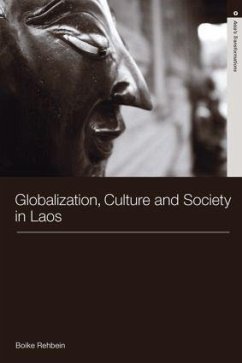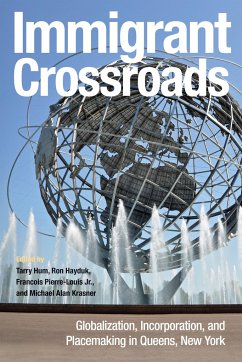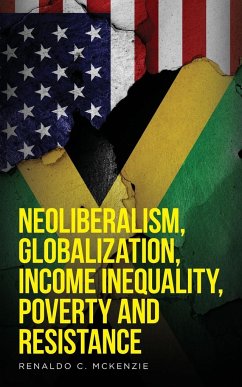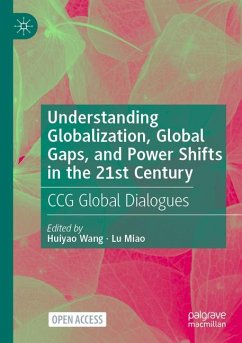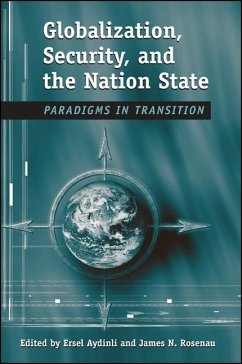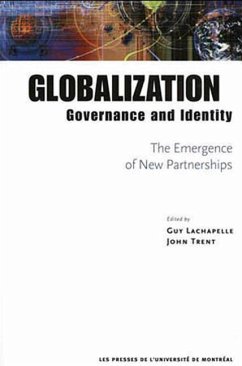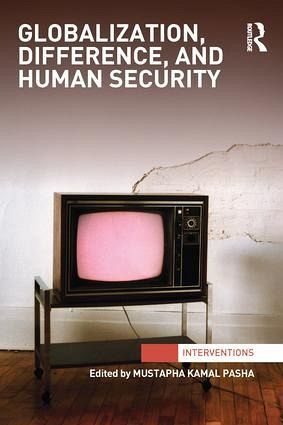
Globalization, Difference, and Human Security
Versandkostenfrei!
Versandfertig in 1-2 Wochen
64,99 €
inkl. MwSt.

PAYBACK Punkte
32 °P sammeln!
Globalization, Difference, and Human Security seeks to advance critical human security studies by re-framing the concept of human security in terms of the thematic of difference. Drawing together a wide range of contributors, the volume is framed, among others, around the following key questions: What are the silences and erasures of advancing a critical human security alternative without making recognition of difference its central plank?How do we rethink the complex interplay of human security and difference in distinct and varied spatial and cultural settings produced by global forces? What...
Globalization, Difference, and Human Security seeks to advance critical human security studies by re-framing the concept of human security in terms of the thematic of difference. Drawing together a wide range of contributors, the volume is framed, among others, around the following key questions: What are the silences and erasures of advancing a critical human security alternative without making recognition of difference its central plank?How do we rethink the complex interplay of human security and difference in distinct and varied spatial and cultural settings produced by global forces? What is the nexus between human security and the broader field of global development? What new challenges to Human Security and International Relations are produced with the rise of the 'post-liberal' or 'post-secular' subject? In what ways releasing human security from identification with the territorial state helps reconceptualize culture? How does Human Security serve as a subspecies of modern humanitarian thought or the latter reinforce imperial imaginaries and the structures of order and morality? Is the pursuit of indigenous rights fundamentally counterpoised to the pursuit of human security? What difference it might make to take the 'doings and beings' of communities-of-subsistence rather than basic-needs/wealth-seeking individuals as a point of departure in critical human security studies? How does reconstruction bind post-war and post-disaster states and societies into the global capitalist-democratic political structure?





